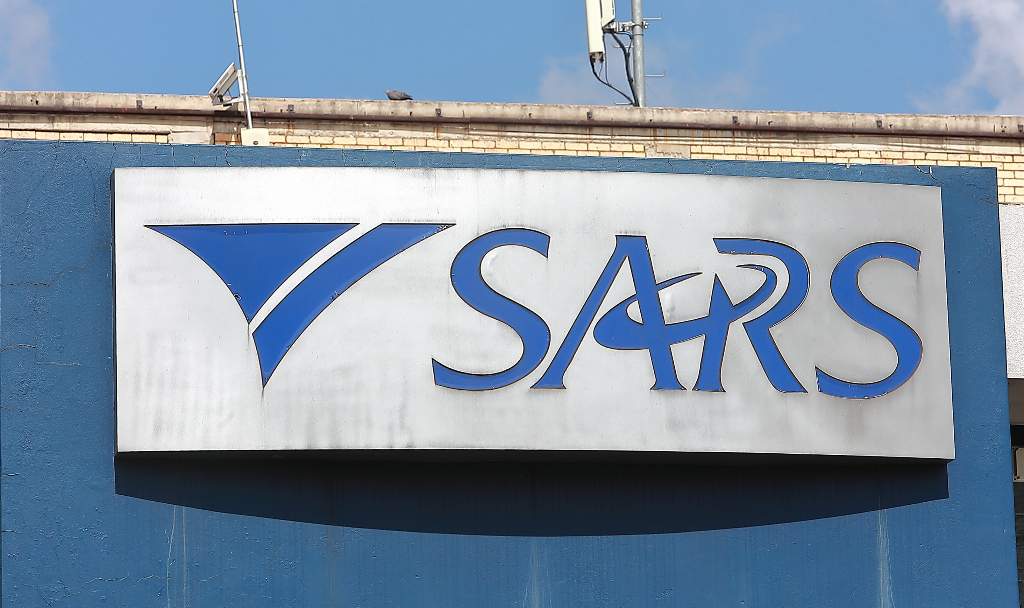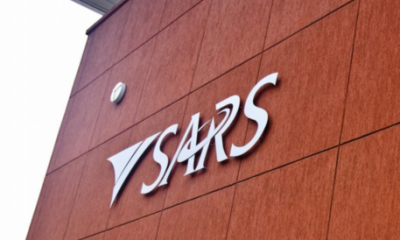Business
SARS’s 2026 Tax Shift: What Employers Need To Prepare For

South Africans have barely wrapped up the 2025 filing season, yet SARS is already pointing towards a major change that will reshape how employers report their payroll information from early 2026. It is one of the clearest signals yet that the tax authority is tightening its systems, sharpening compliance, and expecting everyone from small employers to the country’s biggest companies to be ready long before deadlines hit.
At the same time, SARS has formally launched a new forum that draws large businesses into closer and more structured engagement, signalling a wider plan to boost trust, cooperation, and tax collection efficiency heading into 2026.
This is where both stories meet. There is a strong tone of preparation from SARS and a clear message that the grace periods of yesterday are ending.
The end of the grace era for PAYE reconciliations
From February 2026, employers will no longer be allowed to submit PAYE reconciliations without valid Income Tax Reference Numbers for every employee on their payroll. Until now, missing numbers triggered a warning and gave employers time to fix it later. That safety net is disappearing completely.
SARS has confirmed that any PAYE reconciliation containing an employee without a valid tax number will be rejected outright. Rejection will be paired with administrative penalties, which could add unnecessary financial strain on businesses that fail to prepare.
Local accountants have already begun flagging the shift on social media, warning clients that this is not a change that can be handled at the last minute. The truth is that many South African industries rely heavily on seasonal, temporary, or contract workers, and these are often the workers least likely to have their tax details ready. Employers now carry full responsibility for making sure everyone is registered.
SARS has urged companies to begin now rather than waiting for the 2026 Employer Filing Season rush. Recommended steps include using the ITREG or BundleReg registration tools on eFiling and e@syFile or visiting a SARS branch by appointment. Individuals can also retrieve their own numbers online through the SARS website.
The latest technical rules are outlined in the BRS for the 2025 and 2026 reconciliation cycle.
Important filing dates still ahead
While ordinary taxpayers wrapped up their filing season in October 2025, provisional taxpayers and trusts are still working against the clock. Their final deadline for 2025 tax year submissions is 19 January 2026. Provisional taxpayers are also already making payments for the 2026 tax year.
Key dates include:
Provisional tax for 2025 opened on 21 July 2025
First 2026 payment is due on 31 August 2025
2025 provisional tax season ends on 19 January 2026
Second 2026 payment is due on 28 February 2026
Voluntary third top-up is due on 30 September 2026
These timelines remind us that the SARS system never fully sleeps. While one chapter closes, another quietly begins.
The new Large Business Forum and why it matters
Alongside employer-focused reforms, SARS has turned its attention to a powerful part of the economy through the launch of its Large Business Forum. This platform will act as a structured communication space for what SARS describes as key taxpayers across major sectors.
The large and international business segment contributed an enormous R600 billion in taxes in the 2024 to 2025 financial year. It makes sense that SARS wants deeper collaboration with this sector. According to the revenue service, around R120 billion was collected through risk management and compliance in this segment alone during the last tax year. SARS wants to take that number even higher.
The forum aims to simplify compliance, improve understanding between companies and the tax authority, and strengthen relationships built on professionalism and trust. SARS Commissioner Edward Kieswetter has repeatedly spoken about tax compliance as a shared social responsibility rather than something that should be forced. He has emphasised that voluntary compliance is earned through consistent integrity and cooperation from both sides.
The forum will set its own terms of reference, meeting schedule, and operating approach. Though it is still new, its introduction marks another sign of SARS tightening systems while also trying to build long-term trust with some of the country’s most influential taxpayers.
What all this means for 2026
Taken together, these developments paint a picture of a more assertive, more coordinated SARS. Employers will feel the shift most directly through the PAYE reconciliation changes, while major corporations will see deeper engagement through the new forum.
For South Africans navigating the tax landscape, the message is simple. The lead-up to 2026 is not a waiting period. It is a preparation period. SARS is moving towards a cleaner, more disciplined filing environment, and both individuals and businesses will benefit from being ready long before the rules lock in.
Also read: Uber and Bolt Drivers Urged to Register by March 11 Deadline
Follow Joburg ETC on Facebook, Twitter, TikT
For more News in Johannesburg, visit joburgetc.com
Source: Business Tech
Featured Image: News24



















